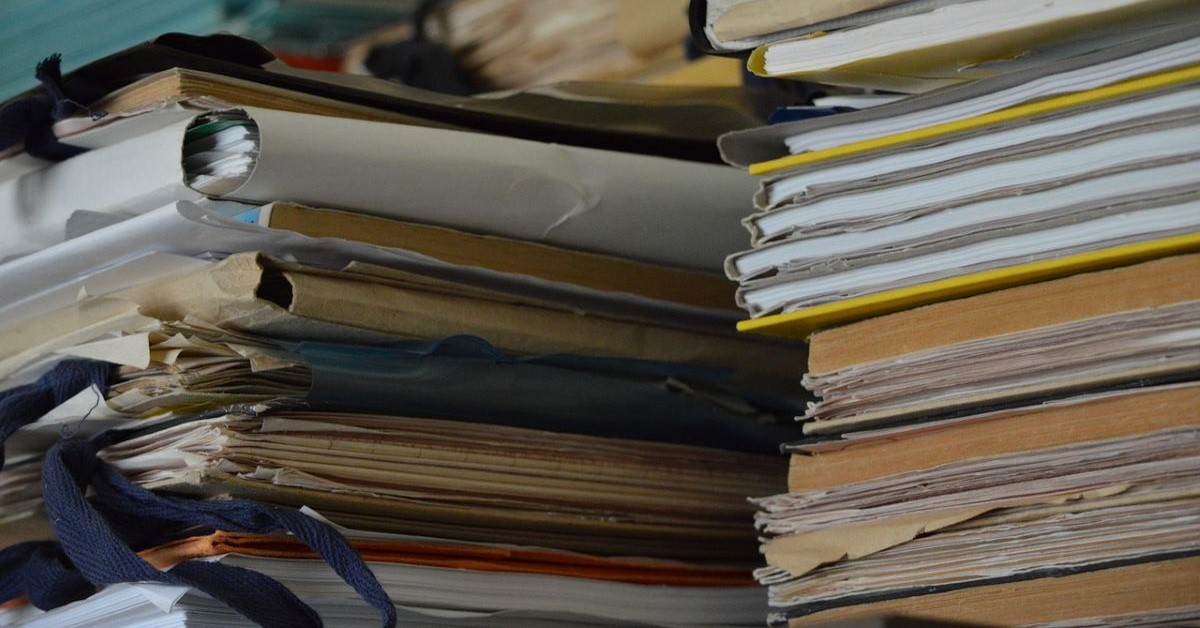How we treat our workers
15/03/2017

The BBC is publicising their story about the treatment of drivers in the Ikea supply chain. From the BBC report it appears that suppliers to Ikea are finding loopholes in the law to pay the drivers in their home country on their home country rates rather than meeting the minimum wage requirements of the countries that they are driving in. There is also the issue that drivers are camping out in their cabs, although they are being paid some expenses which should be used to stay in accommodation away from the cab to meet road safety legislation.
Why is Ikea in the dock? Well they are a household name and if you are going to make a headline it is very useful to have a company like Ikea to be portrayed as the villain. But what is the responsibility of the Leaders of the Supply Chain, the position that Ikea ultimately holds?
Legally, they have subcontracted the work so are not responsible, but ultimately they need to look to their position. The fact that BP were not running the oil rig in the Gulf of Mexico was no real defence when disaster struck. Similarly in the clothing supply chain, companies were reputations were tarnished when the building collapsed in Bangladesh killing local workers. And that is why a number of companies take the treatment of workers in their supply chain very seriously.
“But we audited our suppliers” claimed Ikea. Well they didn’t actually say that, they said their audits didn’t provide the same picture as the BBC report, but the implication was there. So I would make two points.
- If they audited their suppliers did they fully understand the business model the suppliers were using to provide the services? If they did they should have noticed the way drivers were being paid as it is fundamental to the model. But was that actually the purpose of the audit (and if it wasn’t, what was the purpose of the audit)?
- How did Ikea not notice the lorry parks, which were in effect camps, outside their distribution centres? Was this simply that local employees and management didn’t care or was it that people knew but senior management didn’t do anything about it?
And then there is the issue of expenses. It is all too easy for the hauliers to pay drivers fixed rate expenses, which they then don’t spend on accommodation, and then claim the responsibility for the accommodation has been passed to the drivers. I have worked with companies who have done exactly that and the temptation to save on expenses is always there. However, there are alternatives: only pay what the driver has spent, which may actually cost more to administer, could have the desired effect. Or provide the accommodation yourself. So companies do just that.
Not a good day for the reputation of private enterprise, but probably not a good day either for the national governments who should be enforcing minimum wage and road safety legislation. But who are we going to hold to account?
My position is that people are responsible for their supply chain and they need to really look at what is going on. People will get caught out, but reputational damage for not doing this is often very significant.
Mike Bourne
Categories & Tags:
Leave a comment on this post:
You might also like…
Mastering the art of revising your writing
You’ve done the research and written your first draft. Now it’s time for one of the most crucial jobs as a writer - revising your writing to ensure your reader does not have to work ...
A ‘hands-on’ take on warehouse design as part of my Logistics and Supply Chain MSc
As part of my core module for my Logistics and Supply Chain Management MSc, I had the amazing opportunity to work on a warehouse design project a few weeks ago. The problem statement for ...
Thinking about your literature review?
As part of your PhD or Master’s thesis, you will probably have to write a literature review. A successful literature review will offer an analysis of the existing research in your field, demonstrating your understanding ...
A beginner’s guide to sourcing a company beta
Beta is the measurement of a company’s common stock price volatility relative to the market. If you’re trying to find a current beta for a company there are a number of places to look. These ...
Credibility, confidence and collaborative focus: The impact of studying for a sustainability apprenticeship at Cranfield
For participants on Cranfield’s Sustainability Business Specialist Apprenticeship, it doesn’t take long for their studies to start to have an impact, with that impact ranging from personal growth and career progression, to organisational effect ...
Meet Mendeley: a powerful referencing tool that does the hard work for you!
Are you looking for a way to manage your references, create in-text citations and reference lists for your assignments or thesis? If so, you may wish to consider using Mendeley. What is it? Mendeley is ...






